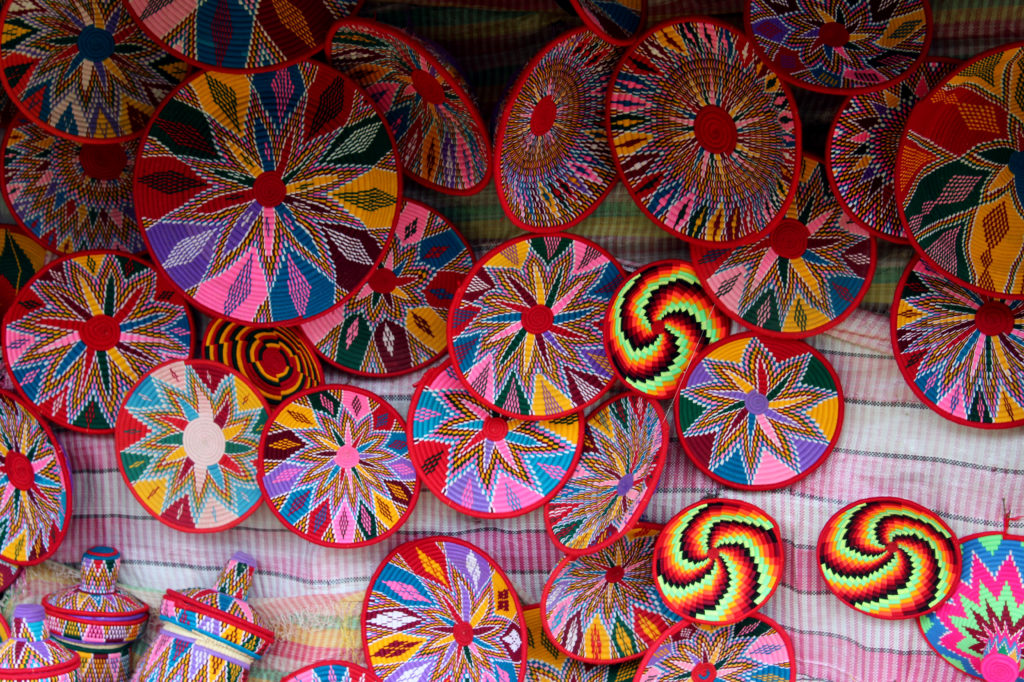Our years of experience and extensive network of local partners can help you build your dream trip from the endless possibilities of Ethiopia. We’ll talk through your ideas, give you some suggestions, set it all up and advise on travel, kit and preparation, so that you get the Ethiopian adventure you’ve always wanted.

Ethiopia is an authentic mosaic of peoples. There are over 83 ethnic groups with 200 dialects. Based on the language spoken, they can be branched into Semitic, Cushitic, Nilotic, and Omotic groups. Although the original physical differences between the major ethnic groups have been blurred by centuries, if not millennia, there remain many who are distinct and unique.
To the discerning traveler, the people of Ethiopia hold as big an attraction as the other natural and historical wonders.During travels to the northern historic routes, one will be passing among the Amhara and the Tigre. While he/she is visiting the Eastern Historic routes, one will be meeting the Haderes and the Argoba Oromo. Whereas during visits to the south, one will be meeting the other Oromo clans, multitude ethnic groups of the southern Ethiopia, focusing mainly on the indigenous cultures of the Omo Valley.
Although i is usual to find quite a number of beggars and pick-pockets in the big cities,a certain level of pride and dignity among the country-side folks of all ethnic groups can be also observed. Most are very poor to offer you anything worthwhile, but because of their deep rooted sense of hospitality, they will offer you whatever they have with a smile and genuine good will towards strangers. As Ethiopia was never colonized, the peoples do not have mixed feelings towards strangers. Strangers wont be seen as past colonizers and masters, but as guests.
From time to time, one may observe minor squabbles among various tribes because of grazing lands or family feuds. Over all, however, these multi-cultured peoples of Ethiopia have been living side by side with each other harmoniously for centuries, despite their cultural and religious differences. Before Ethiopia was administered under a central government, the various warlords and kings used to fight with each other for loots, dominance and sometimes for the sheer ‘adventure’ of fighting.




